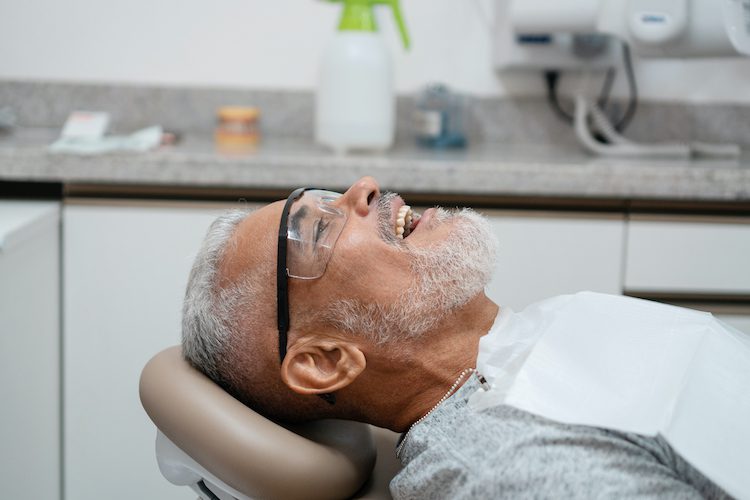Oral cancer poses a significant health risk, affecting thousands of individuals annually. Early detection can dramatically improve treatment outcomes and survival rates. Recognizing the signs and symptoms of oral cancer is crucial for timely intervention.
Understanding Oral Cancer
Oral cancer refers to cancers that develop in the mouth and throat areas. It can manifest in various locations, including the lips, tongue, cheeks, and gums. Additionally, it may appear in the roof or floor of the mouth, the sinuses, and even the pharynx. This type of cancer can be life-threatening if not diagnosed and treated promptly. Early detection is vital to increase the chances of successful treatment. Regular dental check-ups play a crucial role in early detection, as dental professionals can spot potential issues that may go unnoticed by the untrained eye.
Common Symptoms
Oral cancer symptoms can vary widely and often resemble other dental or health issues. Persistent mouth sores are one of the most common warning signs. These sores do not heal over time and may persist for weeks. They can appear as red or white patches, which may feel rough or velvety to the touch. Unexplained bleeding in the mouth is another symptom that should not be ignored. This bleeding occurs without an obvious cause, such as injury or dental work.
Oral cancer can cause lumps or thickened areas in the cheek or mouth. These lumps may be painless or painful and should be evaluated by a healthcare professional. A lump in the neck may also appear, indicating the spread of cancer to nearby lymph nodes.
Difficulty swallowing or chewing is a common symptom that can significantly impact daily life. This may feel like a persistent sore throat or the sensation of something being stuck in the throat. Pain or numbness in the mouth is concerning and may extend to the face or neck, indicating nerve involvement.
Changes in Oral Appearance
Cancer can alter the appearance of the mouth in noticeable ways. White or red patches may form inside the mouth, often signaling precancerous conditions. These patches may feel velvety and can occur on the gums, tongue, or lining of the mouth. A change in the fit of dentures can indicate oral cancer, affecting how dentures sit in the mouth. This change may result from swelling or changes in the jawbone structure.
Loose teeth without a dental cause can be a warning sign. This occurs when the cancer affects the jawbone, leading to tooth instability. Persistent bad breath, known as halitosis, may also occur. This symptom often accompanies other signs of cancer and should be evaluated if it persists despite good oral hygiene practices.
Risk Factors for Oral Cancer
Several factors increase the risk of developing oral cancer. Tobacco use is a significant risk factor, including cigarettes, cigars, and smokeless tobacco products. Long-term tobacco use damages the cells in the mouth, increasing the likelihood of cancerous changes. Alcohol consumption also raises risk levels, particularly when combined with tobacco use. The synergistic effect of tobacco and alcohol further increases the risk of developing cancer.
Sun exposure can also increase the risk of lip cancer, especially in fair-skinned individuals. Wearing protective lip balm with SPF can help mitigate this risk. A family history of cancer may also contribute, as genetic factors can play a role in cancer development.
When to See a Professional
Consult a healthcare professional if symptoms persist for more than two weeks. Early detection significantly improves treatment success and survival rates. Regular dental visits play a crucial role in maintaining oral health and identifying early signs of oral cancer. Dentists can perform thorough examinations and identify abnormalities that may require further investigation. They may perform a biopsy if necessary, collecting a small sample of tissue for analysis.
Discuss any concerns or symptoms with your dentist or healthcare provider. They can provide guidance and reassurance, helping you understand the next steps. Do not ignore persistent symptoms, as early action can prevent serious complications and improve outcomes. Being proactive about your oral health is essential for overall well-being.
Dr. Vernon Sheen and his team are dedicated to helping you preserve your oral health. If you experience any of the above symptoms, don’t hesitate to seek treatment. Contact his office right away to schedule a consultation and exam.

